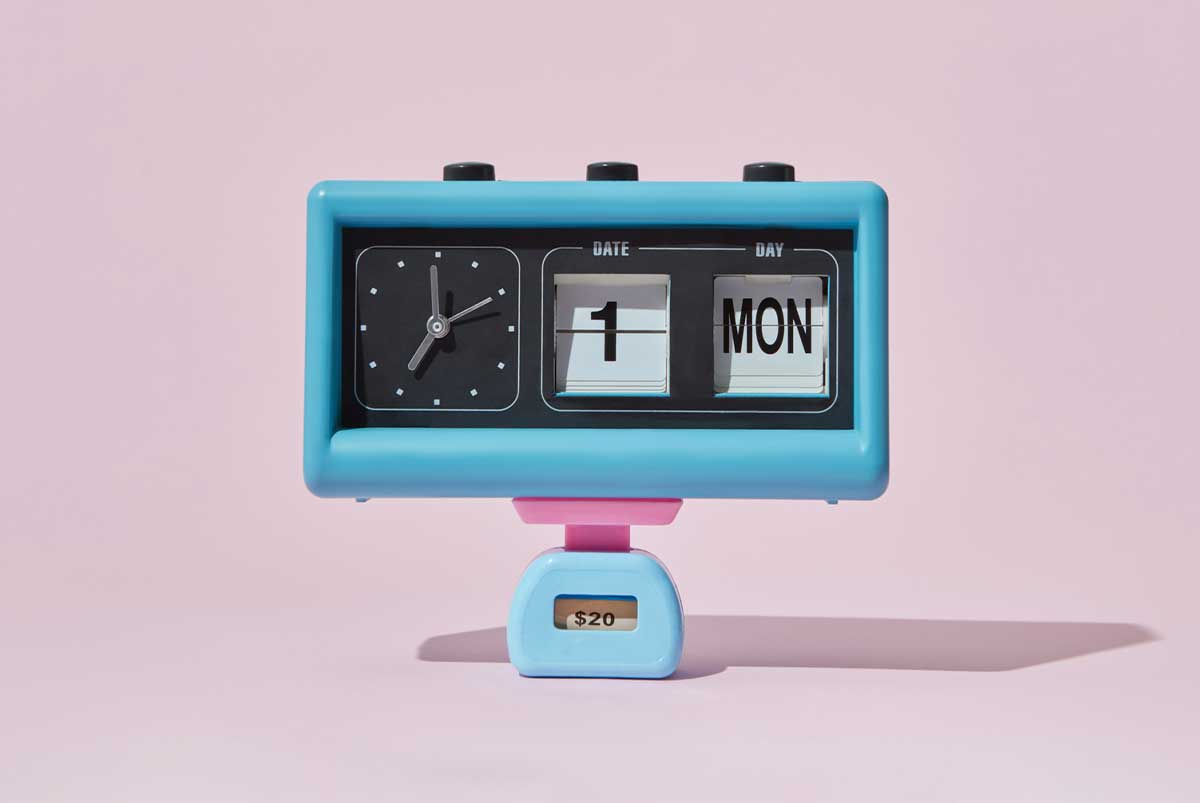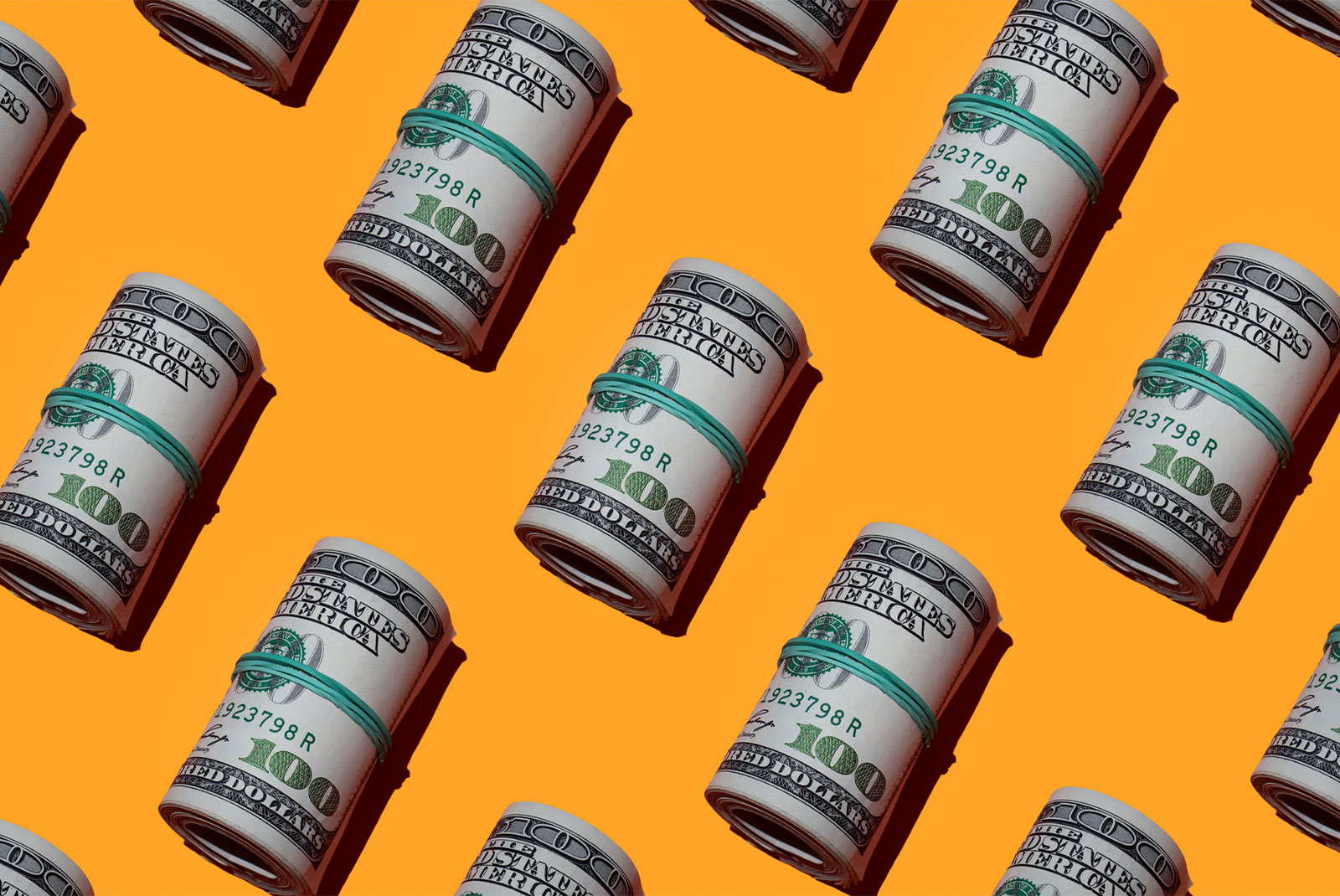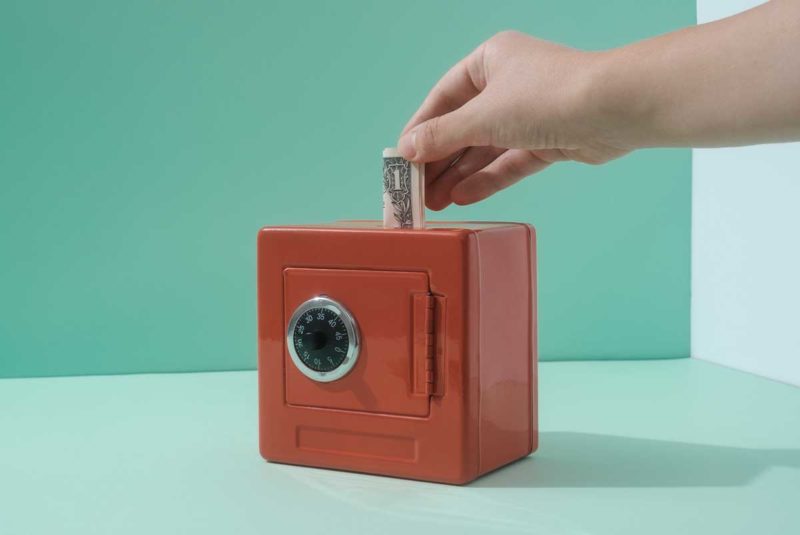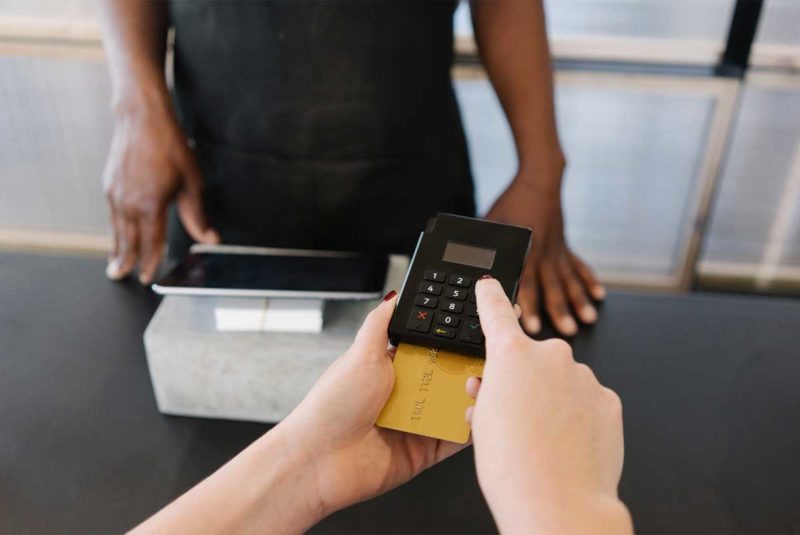We’ve got a secret — a secret credit card issuers don’t want you to know about. Wanna know what it is?
If you pay your bill in full each month, you won’t ever have to pay interest on purchases with most credit cards. That means you can get the perks and convenience of using a credit card at no additional cost to you.
It’s all thanks to a little something called your credit card’s “grace period.”
How Does a Credit Card Grace Period Work?
A credit card grace period falls between your billing cycle’s completion and your statement’s due date.
During this time, you won’t accrue interest on new purchases made during the previous billing cycle (as long as you’re not revolving a balance on your account from your last statement).
Here’s a simple example of how a credit card grace period may work:
- Your account starts with a $0 balance
- You purchase a $500 plane ticket on July 1
- Your billing cycle closes on July 15
- Your payment is due on August 5
If you pay off your whole bill by August 5, you won’t owe any interest on your $500 purchase. That’s due to your credit card’s interest-free grace period, which started on July 15. You must pay the full statement balance each month to keep your grace period active for future transactions.
For most cards, grace periods don’t apply to cash advances or balance transfers
Do All Credit Cards Have Grace Periods?
No. Although the majority of credit cards offer grace periods, you should read the fine print in your credit card agreement before making any assumptions.
Usually, you’ll see a statement declaring the grace period in your card’s terms and conditions.
Take note that even if your card does have a grace period, your credit card issuer will likely take it away if you start carrying a balance from month to month. It doesn’t matter if that outstanding balance came from purchases, balance transfers, or cash advances — you’ll lose the grace period regardless.
Remember that $500 plane ticket from earlier? Say you paid all but $20 of your bill. While you won’t incur late fees, you will prompt the issuer to eliminate your grace period.
That means you’ll owe interest on the remaining $20 — and will also start immediately accruing interest on any new purchases. (Now do you see why we’re always telling you to pay your credit card statement in full?)
Luckily, the penalty won’t last forever: You can usually regain your grace period by paying your credit card statement balance in full for two consecutive billing periods.
What Is a Typical Grace Period for a Credit Card?
Starting in 2010 with the CARD Act, federal regulations state there must be at least 21 days between the day your credit card company delivers your bill and your due date. If your credit card company offers a grace period, it must give you at least 21 days to pay off your new balance before charging you interest. The exception, as mentioned, is if you’re already carrying an outstanding balance on the account.
In other words, the majority of credit cards give you at least 21 days before you start incurring finance charges.
Check your credit card’s terms and conditions for the specifics; you might have longer than you think.
But remember: If you make just the minimum, and don’t pay the statement balance in full, your issuer will eliminate your grace period. Which means you’ll start racking up interest on any new charges right away.
Does Changing a Due Date Extend the Grace Period?
Not really. While you’re welcome to change your bill’s due date with most issuers to make it more convenient, it won’t affect the current cycle’s grace period.
For most cards, due date changes usually take at least one billing cycle to go into effect — and for some issuers, like Amex and Citi, it could take as many as three billing cycles.
Translation? Changing your due date won’t grant you any extra breathing room right now.
If you have specific questions about your situation and due dates, we recommend checking with your card issuer directly.
How to Get an Extra Long Grace Period
If you’re making a big purchase, one smart strategy is to do it right after your statement’s closing date.
That way, your bill won’t be due for about two months, giving you the maximum grace period to “float” your purchase without collecting interest.
Here are some sample billing cycles to illustrate this point:
| Cycle Start | Cycle End | Due Date |
| 9/27 | 10/26 | 11/23 |
| 10/27 | 11/26 | 12/23 |
| 11/27 | 12/26 | 1/23 |
As you can see, if you made a purchase on October 28, your bill wouldn’t be due until December 23. That’s nearly two months of an interest-free loan.
Credit Cards Don’t Have To Be Expensive
So now you know the secret: Credit cards don’t have to cost a darn thing.
As long as you always pay your bill on time and in full — and as long as your card has a grace period — you’ll never owe a dime in interest on purchases. You might earn some valuable rewards along the way as an added bonus. But remember that grace periods usually don’t apply to balance transfers and cash advances.
If you choose a card without an annual fee, you’ll get the convenient, credit-building, and interest-free mini loans of a credit card, without feeling the burden of high interest rates.
The Short Version
- If your credit card company offers a grace period, it must give you at least 21 days to pay off your new balance before charging you interest
- You must pay the full statement balance each month to keep your grace period active for future transactions
- For most cards, grace periods don’t apply to cash advances or balance transfers




